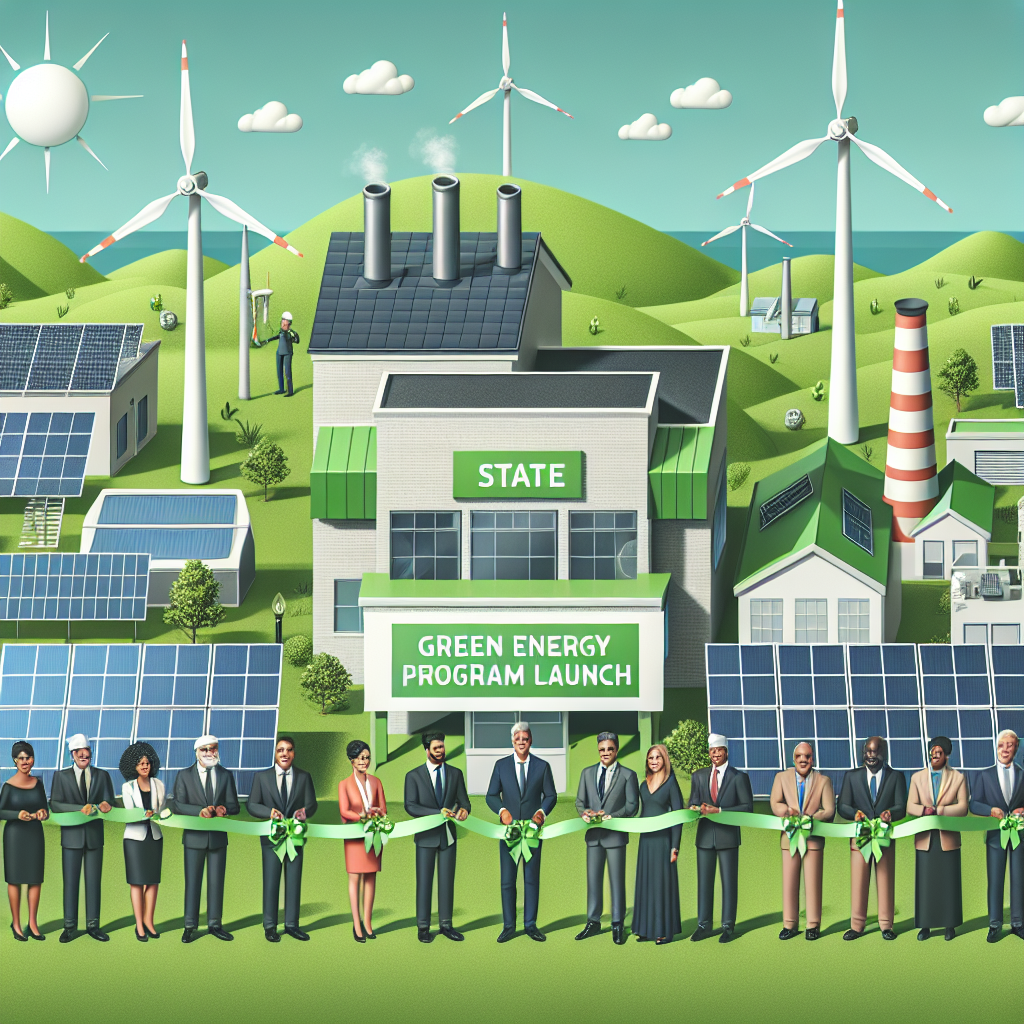.
The GreenGain initiative is a new program launched by the state of Connecticut to help smaller manufacturers integrate energy efficiency technologies and strategies. The program, which is funded through the Manufacturing Innovation Fund, is a partnership between the Department of Economic and Community Development, Connecticut Sustainable Business Council, and the Connecticut Green Bank, with additional support from Eversource and EnergizeCT.
The program offers sustainability and green manufacturing training sessions focused on decarbonization, ESG reporting, and certifications. Participating companies can also access consulting support to implement sustainability practices, perform energy audits, and complete energy efficiency upgrades and renewable energy projects. The program also offers a voucher program for companies to access matching funds for financing related projects and initiatives.
One of the partner companies providing training and mentorship for program participants is Legrand North America, a West Hartford-based company that is rated in the top 1% of more than 130,000 companies evaluated by EcoVadis for performance in environment, ethics, social and human rights, and responsible purchasing areas.
CBIA Energy Connections, a division of CBIA, also offers additional energy services, including procurement, green energy sourcing, onsite solar storage, auditing, and demand management for companies of all sizes.
The program is a year-long pilot and is designed to help smaller manufacturers in Connecticut become more energy efficient and sustainable. By providing training, consulting support, and access to financing, the program aims to help these companies reduce their energy costs and carbon footprint, while also improving their overall sustainability practices.
This program is a great opportunity for smaller manufacturers in Connecticut to improve their energy efficiency and sustainability practices. By participating in the program, these companies can not only save money on their energy costs, but also contribute to a more sustainable future for the state.

